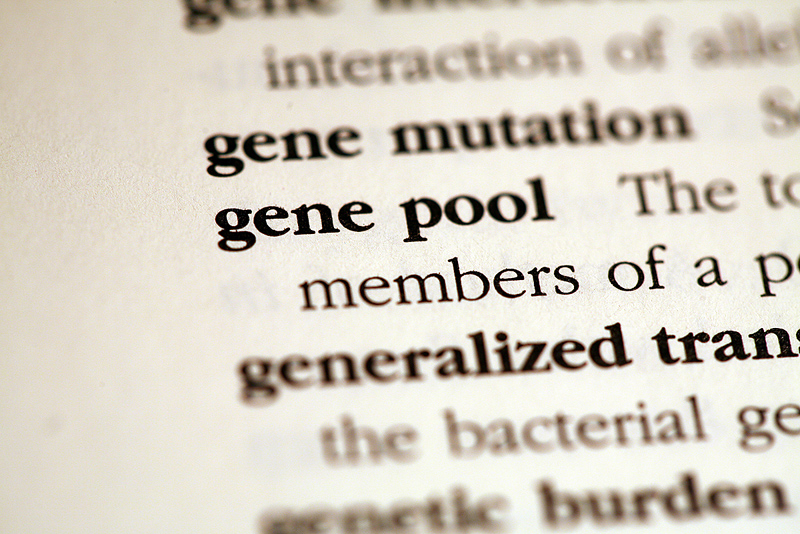
TUESDAY, Oct. 9 (HealthDay News) — Two separate genetic “signatures” for aggressive prostate cancer have been identified by researchers, who said the findings could one day help improve patient treatment and outcomes.
The two studies pinpointed two distinctive patterns of RNA — the genetic material that helps turn DNA into proteins — that appear to predict whether patients have an aggressive or milder form of prostate cancer.
In one study, British researchers identified a set of genes that could predict whether patients had castration-resistant prostate cancer and also predicted survival of those patients. Castration-resistant prostate cancer is the form of the disease which does not respond to standard androgen-deprivation therapy.
Patients with a distinctive nine-gene pattern characteristic of aggressive prostate cancer survived an average of 9.2 months, compared with 21.6 months for those without the gene pattern.
In the second study, U.S. researchers pinpointed a different set of genes with similar predictive properties to those identified by the British team. The U.S. scientists discovered a set of six genes characteristic of a more aggressive form of prostate cancer. Patients with this genetic signature survived an average of 7.8 months, compared with at least 34.9 months for those without the genetic signature.
The studies were published Oct. 8 in the journal The Lancet Oncology.
Previous research has identified genetic signatures for different forms of cancer, but they have been used only to classify cancers. These new studies are the first to show that genetic signatures might prove useful in predicting patient outcomes.
There can be large differences between prostate cancer patients, with some never having symptoms, some responding well to treatment and others developing resistance to treatment and having their cancer progress.
Tests to determine whether a patient has a more aggressive form of prostate cancer exist, but are only moderately accurate.
One expert agreed that the genetic signatures might help guide treatment in the future.
“Once prostate cancer has spread beyond the prostate (metastasized), patients are given medication to lower their testosterone to castration levels, which slows prostate cancer growth,” explained Dr. Lee Richstone, director of laparoscopy and robotic surgery at the Smith Institute for Urology in Lake Success, N.Y. “Unfortunately, this is not a cure, and the cancer eventually begins to grow again even with the testosterone levels so low. Once this occurs, the patient has castration-resistant prostate cancer.”
Patients with castration-resistant prostate cancer generally have a poor outcome. There is, however, a range of survival from several months to several years, Richstone noted.
“Our current ability to determine which patients have a better, or worse, predicted survival is limited and this is a problem,” he said. “The ability to better determine patients’ prognosis is very important in order to counsel patients and to develop clinical trials to develop new treatments.”
“These two studies looked at the blood of patients with advanced prostate cancer, and identified unique gene-expression profiles, or ‘signatures,’ that help to determine which patients have a better or worse prognosis,” Richstone said. “After more study, such simple blood testing may be extremely helpful in counseling patients and developing new treatments.”
More information
The American Cancer Society has more about prostate cancer.

